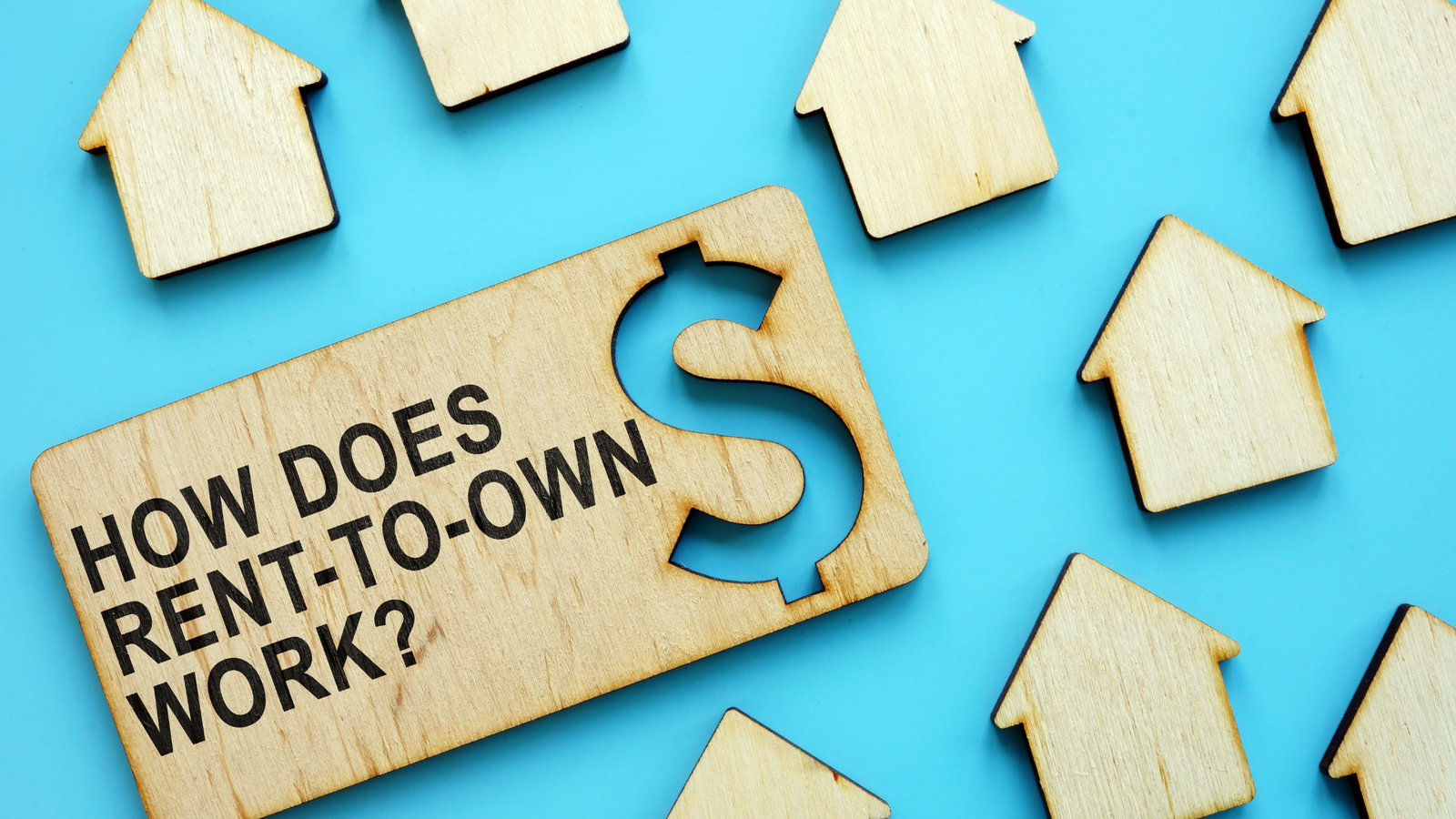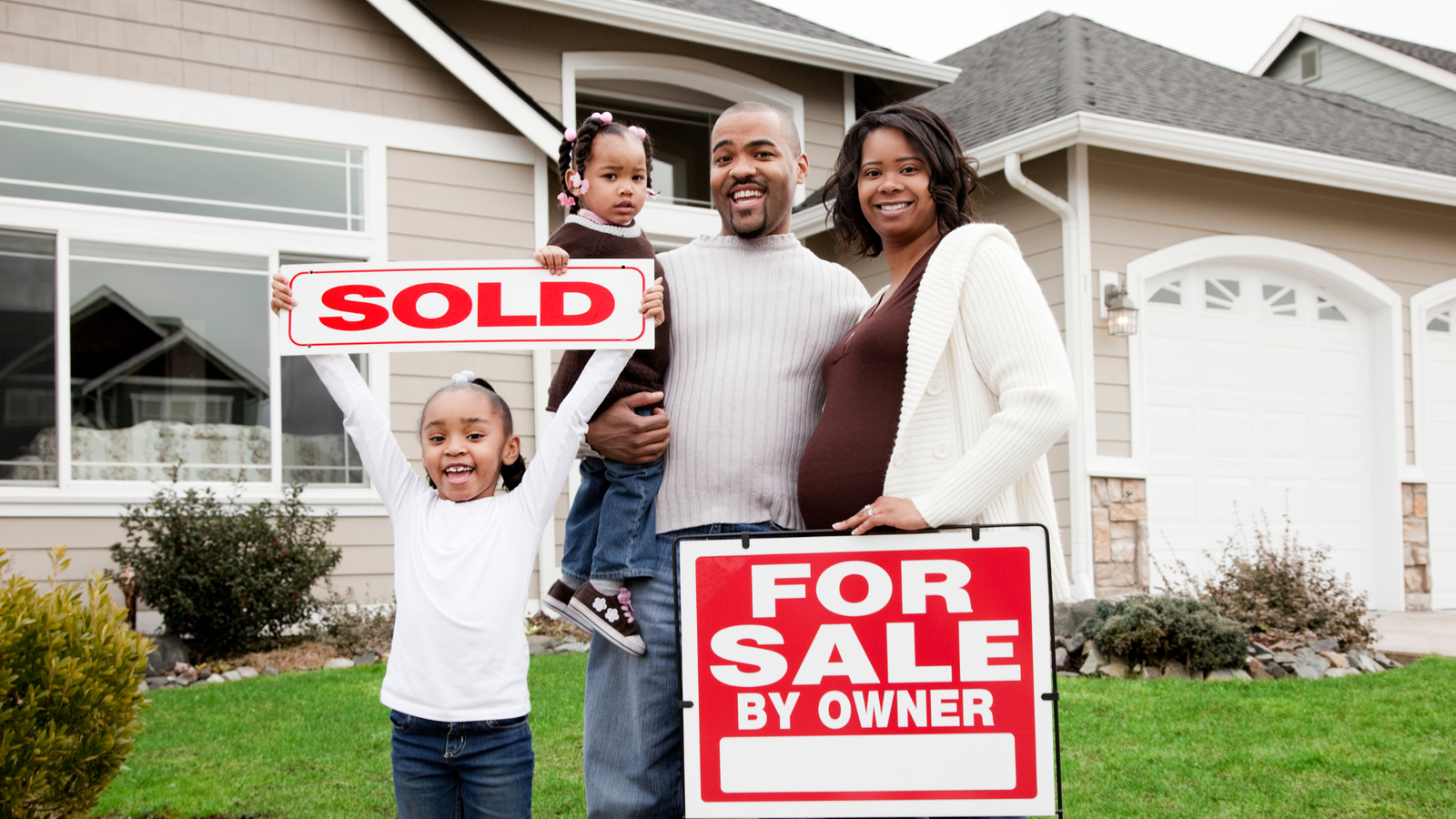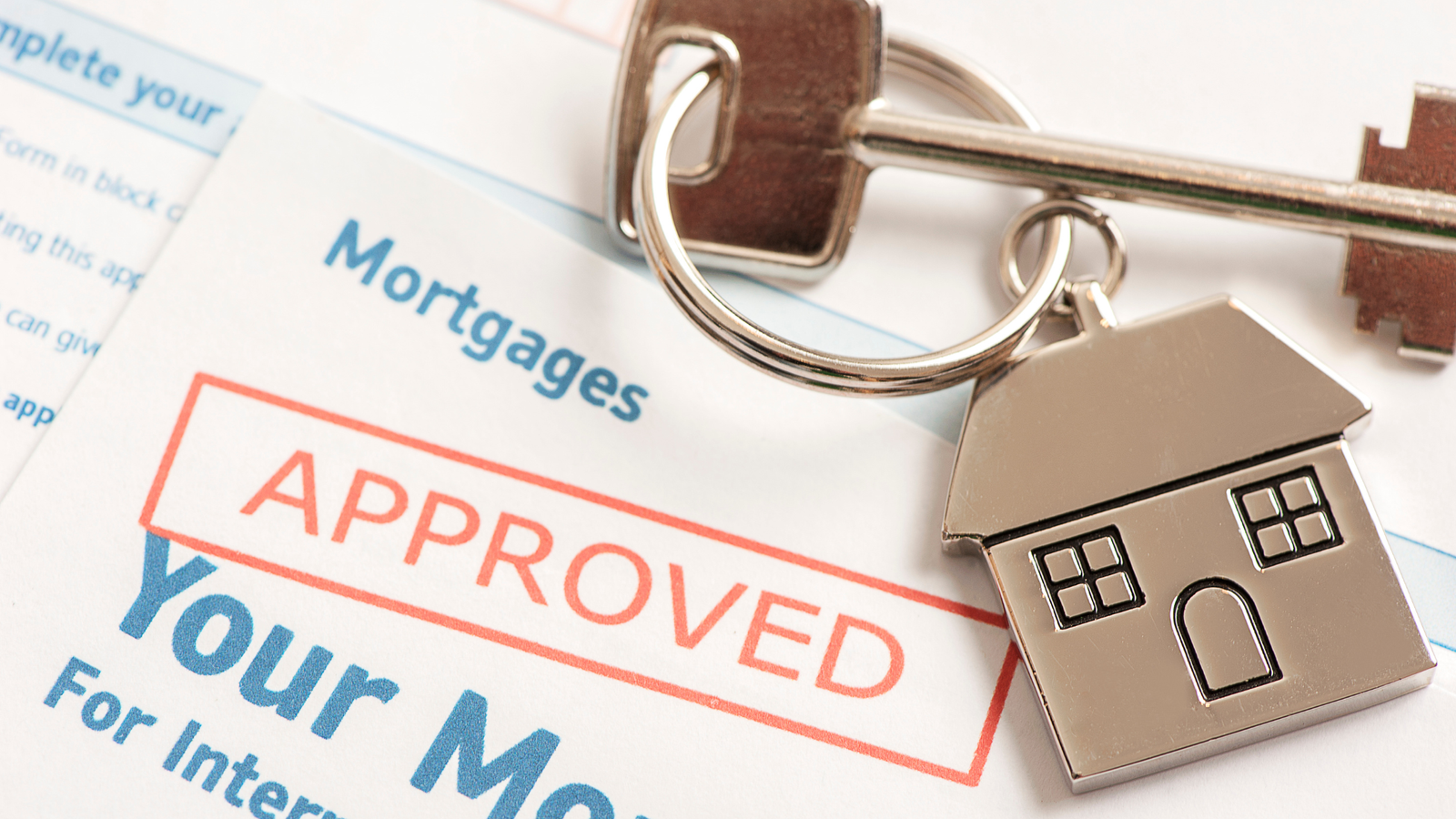With the current economy, home ownership seems more challenging than ever. That’s why there are tons of financial options available to potential homeowners as a way of helping them achieve that goal: from government aid to mortgages, renting to own is yet another way renters can move on from their apartment days and invest in their own property.
What is “Renting to Own?”
“Renting to own” is exactly what it sounds like: someone rents a property from a landlord with the intention of buying it later. In a rent-to-own contract, the property’s rental period is explicitly stated in the terms, and once that period ends, the renter can purchase the property. In a rent-to-own situation, the original property owner rents their property to a tenant, and the tenant pays the home’s down payment throughout the rental period. People under a rent-to-own agreement can also take out a mortgage for the desired property once the rental period ends.
How Renting to Own Works
So, how does this whole thing work? Generally speaking, there are a few key aspects of renting a property to own it that stand apart from traditional leasing and standard purchase:
The Option Fee
The first and arguably most important of these differences is the “option fee.” Option fees are similar to security deposits for apartments and rental properties. Landlords use them to ensure that the renter will stick to their word and purchase the property after the rental period ends. Unlike security deposits, however, option fees typically go towards the down payment to the home unless specified otherwise.
Rent Payments
With rent-to-own properties, renters are both paying rent to the property owner and investing in the property to build up that down payment necessary for home ownership. Thus, rent for rent-to-own homes is usually higher than rent for an apartment or rental house. When renters pay each month, the landlord allocates one portion of that money towards rent and the other towards a savings account under the renter’s name to purchase the property. Thus, rent usually varies depending on how long the contract’s specified rental period lasts. For example, a $100,000 home with a three-year rental period will have lower rent than the same property with a one-year rental period.
The End of The Rental Period
At the end of the rental period, renters have the option to purchase the property. For some, this is a great way to test out a home and see how they like it before buying. For others, this is a way to save up for the home’s down payment while still having a stable place to live. Once the rental period ends, the renters and landlord meet to discuss the transfer of home ownership and how the renter will pay for the home (alongside the down payment). At this point, renters can take out a mortgage if needed.
What Happens if You Don’t Want to Buy the Home?
If you’re in a rent-to-own contract and don’t want to purchase the property once the rental period ends, the landlord keeps your option fee from the start of the rental period. That way, they can afford to repair the home and pay any taxes you would be paying otherwise.
Maintenance and Home Improvement
Unlike apartment rentals or other leases, rent-to-own properties don’t often have a dedicated maintenance service. This is because, under the rental period, the home technically belongs to the renter. On the one hand, this makes renting to own a property incredibly risky because all aspects of home upkeep fall on the renter. If the renter fails to take care of the home and its property value falls, they’ll still have to purchase the property for the original price stated in the rent-to-own contract. On the other hand, renters can also improve the home beyond its original price and increase the property value too. They’ll just wind up with higher property taxes after buying the property.
Why Rent to Own?
Renting to own isn’t for everyone. In fact, we’ve covered the pros and cons of renting to own in-depth on another blog.
If you’re looking into home ownership options, a rent-to-own contract may be right for you if:
- You do not plan on moving far away for several years.
- You have income available to pay for higher rent, bills, and general home upkeep.
- You can afford to “shop around” for homes and aren’t going to miss the extra expenses that come during the rental period.
- You’ve shopped for homes earlier and decided that the rent-to-own property is precisely what you want.
In Summary
Renting a house to eventually own it is a long-term commitment that relies on your ability not just to make payments but manage the property so you can get the most value out of it. Like any other investment, always weigh your options before signing a rent-to-own contract, and remember that you control your finances. And don’t be fooled by those who say a credit score doesn’t matter when seeking a rent to own property; it does. If you need help improving your credit score fast so you can qualify for a new home, check out our review of the best credit repair companies to work with.










